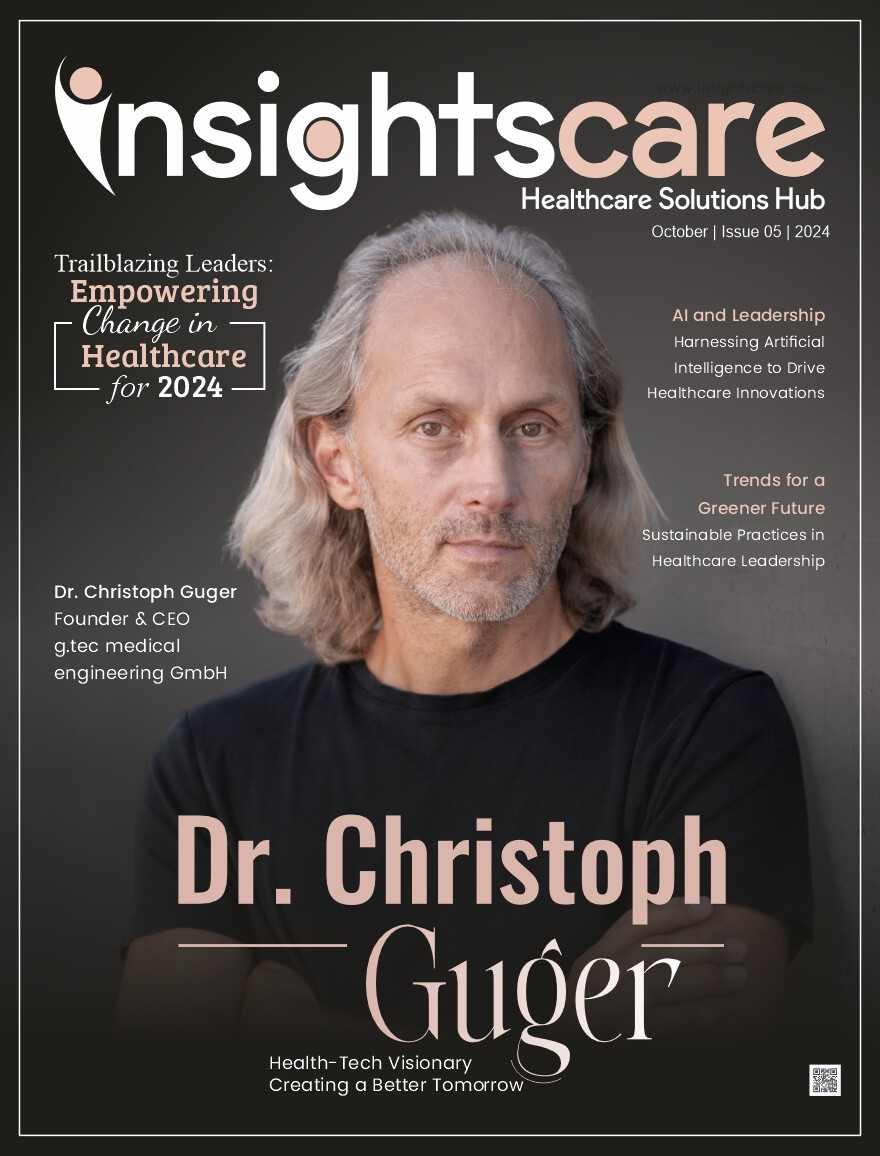Data Governance and Quality
Healthcare’s digital transformation hinges on data governance and quality. Chief Data Officers (CDOs) are driving this change, implementing robust data management strategies. Their work ensures data integrity, compliance, and accessibility, enabling data-driven decisions and innovative care models.
By planning these efforts, CDOs are crucial in improving patient care and operational efficiency in healthcare organizations.
Importance of Data Governance in Healthcare
Data governance in healthcare encompasses a comprehensive framework of policies, processes, and controls designed to ensure effective and secure data management across an organization. Its importance arises from several critical aspects:
- Data Quality and Integrity: In healthcare, precision can mean the difference between life and death. Data governance establishes rigorous standards, clearly defined roles, and robust metrics to ensure data accuracy, completeness, and consistency. Implementing automated quality checks and feedback loops significantly reduces errors and improves data reliability.
- Regulatory Compliance: With stringent regulations like HIPAA in place, healthcare providers must adhere to strict data protection and privacy standards. A well-structured data governance framework helps organizations navigate this complex regulatory landscape, ensuring compliance and avoiding potential penalties.
- Data-Driven Decision Making: In an era of evidence-based medicine, the ability to make informed decisions based on high-quality data is crucial. Robust data governance ensures that healthcare providers have access to trustworthy, up-to-date information when making critical decisions about patient care, resource allocation, and strategic planning.
- Emerging Technologies: As healthcare embraces innovative technologies such as telemedicine, artificial intelligence, and Internet of Things (IoT) devices, data governance is essential to ensure that data from these diverse sources is properly integrated, managed, and leveraged.
The Role of the Chief Data Officer
Chief Data Officers have emerged as pivotal leaders in driving data governance and quality initiatives within healthcare organizations. Their multifaceted role encompasses several key responsibilities:
- Establishing Data Governance Frameworks: CDOs develop comprehensive data governance strategies tailored to the unique needs of healthcare organizations. This involves defining data policies, standards, and processes that promote data quality, security, and compliance across all departments and systems.
- Integrating Data Quality Practices: CDOs ensure that data quality practices are embedded throughout the entire data lifecycle. This includes implementing automated quality checks, creating workflows for data validation and cleansing, and establishing feedback mechanisms to continuously improve data quality.
- Leveraging Analytics for Quality: By harnessing the power of machine learning and artificial intelligence, CDOs implement sophisticated anomaly detection systems that automatically identify and flag potential data quality issues.
- Improving Data Accessibility: CDOs work to break down data silos, implementing data integration strategies and interoperability standards that enable seamless information sharing across departments and between different healthcare providers.
- Upskilling the Workforce: Recognizing that data governance is a collective responsibility, CDOs develop comprehensive training programs and educational resources to help staff understand the importance of data governance and their role in maintaining data quality.
Transforming Patient Care
The impact of robust data governance and quality practices, spearheaded by CDOs, is evident in the transformation of patient care:
- Value-Based Care: Accurate and comprehensive data enables healthcare providers to effectively measure and improve patient outcomes, optimize resource utilization, and demonstrate the value of their services. This data-driven approach supports the implementation of value-based reimbursement models, aligning financial incentives with quality of care.
- Telemedicine and IoT: Strong data governance practices facilitate the integration of data from remote monitoring devices, wearables, and virtual consultations into existing healthcare systems. This enables more personalized and proactive care, allowing healthcare providers to identify potential health issues early and tailor interventions to individual patient needs.
- Population Health: By aggregating and analyzing large datasets from diverse sources, healthcare organizations can identify trends, risk factors, and health disparities within communities. This information allows for the development of targeted interventions and public health initiatives that can improve overall community health outcomes and reduce healthcare costs in the long term.
In conclusion, data governance and quality have emerged as critical components in the future of healthcare. By empowering CDOs to lead these initiatives, healthcare organizations are unlocking the full potential of their data to revolutionize patient care, improve operational efficiency, and drive innovation in the industry. As healthcare continues to evolve in the digital age, the role of data governance and the CDO will only grow in importance, shaping a future of healthcare that is more personalized, proactive, and effective than ever before.
Read More: Click Here










